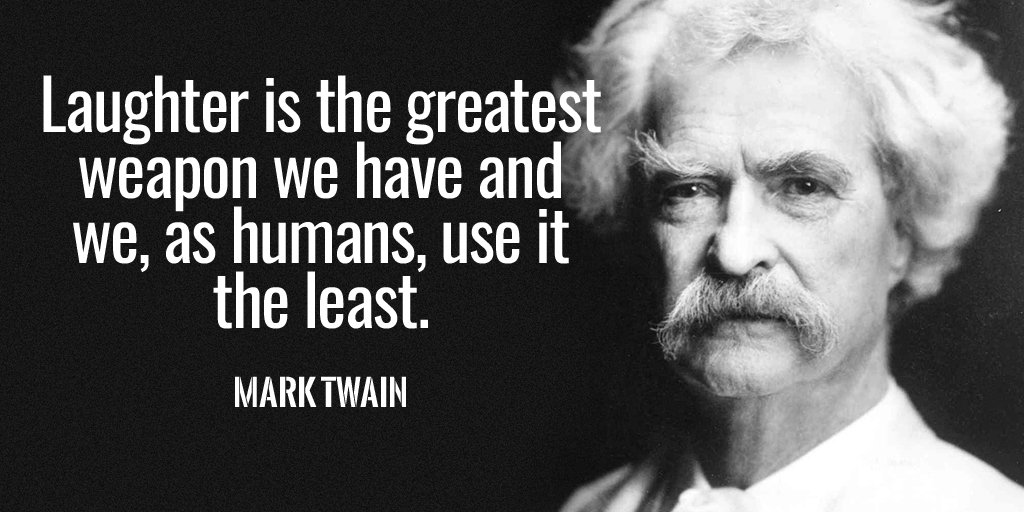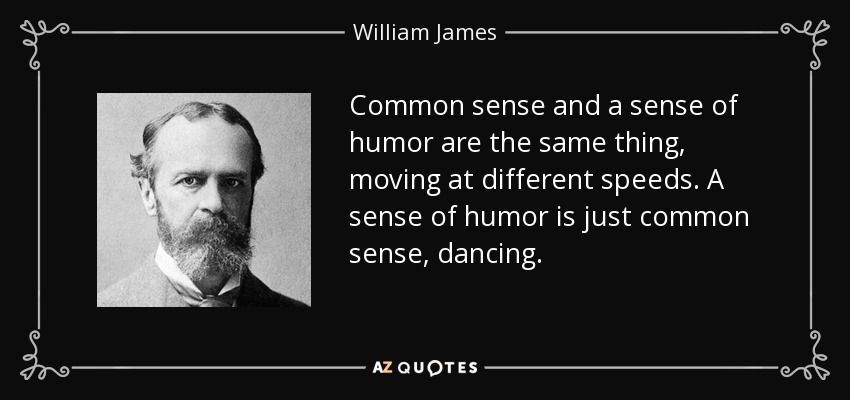What is Humour ? People ask, ‘How important is sense of humour in our life?’
Humour these days is a vanishing talent. It’s just right that everyone should like to develop a good sense of humour. Benefits are immense; some of these are listed below: Humour drives away tension. It enables humans to remain cool in adsense situations. It is a good motivator to maintain right perspective. It creates openness and gives you the power and patience to listen to the opposite view.
Benefits of Humour
1. Humour generates respect. When you say something with a good sense of humour, audience doesn’t give their casual attention but tend to listen to you wholeheartedly. Because it is interesting and it lightens their mood. There would be umpteen reasons why laughter is good for you. People also ask, “Does laughter help you live longer?” The answer is “Yes” laughter indeed is the best medicine.
2. Humour appeals to the listeners and whatever may be the subject if the same is interspersed with light hearted examples, it is appreciated. Even if the audience is not very receptive for the speech which is being made, the moment humour is introduced effectively the scene changes.
3. During a speech there could be many references to obscure things. Things which can be difficult to understand. Humour makes these very simple and the complicated issues are resolved. Serious issues may sometimes be interspersed with humorous one-liners. After all we know that even Shakespeare while writing his great tragedies introduced the character known as ‘Shakespearean fool’ who provided the comic relief.
4. Humour helps audience to remember the points you have made in your speech. These may be arranged in manners which depict a natural flow.
5. When the tension is running high humour helps to release the tension. It changes the mood and the atmosphere and the issues can be discussed at length without heated arguments.
6. Humour is also very helpful in defusing the opponent’s ammunition. But humour is not everybody’s cup of tea. People who come to the negotiating table are often induced by their strong desire to win. They expect you to be as hard heating as themselves. Humour surprises them.
7. Funny though it may seem, humour motivates and it can also inspire the team members. However humour has to be used in a masterly fashion.
8. Last but not the least humour is helpful in getting you the desire results. While projecting your arguments in a light hearted manner, you are able to keep your objective in view. Discussion takes place in good humour.
Therefore, we must do all we can to develop a good sense of humour. I am giving below 6 simple steps which can help you to develop sense of good humour. Often time’s people think is very difficult; they don’t even try. If the attitude is negative no doubt the problem becomes difficult. In such a situation once you fail, the negativity in your mind is reinforced. So while making efforts to develop a good sense of humour you must be prepared to deal with it as an important project. This should be pursued till completion and surprising there won’t be any end. Like any other talent humour unfolds and evolves.
How to develop a good sense of humour?
6 Steps to developing a good sense of humour.
The following are the six simple steps. I have enumerated these as answers to your possible expression of inability to handle humour.
Step 1. You might say that you can’t do comedy. But you can definitely do if you so desire. In any case you are not carrying out the comedy show. Just as golf is difficult humour appears to be difficult.
Step 2. You may also say that ‘you can’t tell a joke’. Such a feeling in fact lowers your self esteem. Because you find there are, within your circle, lots of people who can tell a joke effectively. You are not telling only jokes but you are using relevant joke to reinforce the points which you have propounded.
Step 3. Further, you might come with an argument that ‘you never remember jokes’. So what? You don’t practice to remember arguments in any negotiation. All that you do is to go through the points relevant to the issues which you want to resolve. Your mind works and you are able to make convincing arguments. Likewise whenever the situation demands your mind will work and put the light on the lighter site of the situation. And that is significant that you know.
Step 4. You might also say that every time you try to be funny you miserably fail. If you have failed during your earlier attempts, no one can change the history. However if you decide not to fail you won’t. The great pianist Victor Borge was once asked by an interviewer if he had played piano all his life. Quick answer was, “certainly not. I am not dead yet.”
Step 5. Humour is powerful. Electricity is also powerful and so is fire or any other source of energy. They all can do harm. Humour in speech when used to bring down the opponent can also be extremely dangerous. About the tongue, it is said that God has made it so strong that it never falls ill. And if it does, it heals itself very fast. But the wounds the tongue creates in the minds of people attacked may not heal in the lifetime. So, one has to be extremely careful in using humour.
Step 6. Lastly, one must accept that humour is not easy. It has to be developed and practiced bit by bit. You have to practice to such an extent that humour starts flowing naturally, and entertains the audience. Regarding the difficulties I might say that if you have to write 10 comic one liners; you may have to first write 200 to bring out the really 10 good ones.
Thanks for reading.





















